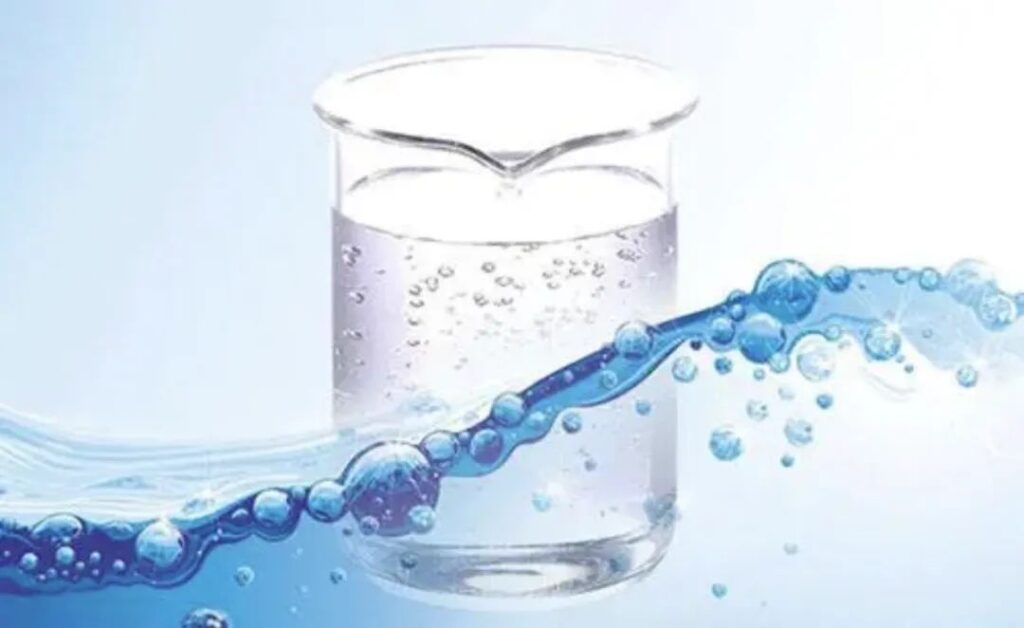Dispersant is a surfactant that has two opposite properties: lipophilic and hydrophilic in the molecule. It can be used to evenly disperse inorganic and organic solid particles that are difficult to dissolve in liquids. It can also be used to prevent the settling and agglomeration of solid particles. , forming a stable suspension. As a common chemical additive, dispersants have various functions such as dispersion, stabilization, and wetting. They are widely used in coatings, printing inks, medicine, cosmetics, agriculture, textiles, food and other industries.
Paint industry
Dispersants are widely used in the coating industry. They can uniformly disperse solid particles in pigments in liquid media and improve the uniformity and anti-settling performance of coatings. At the same time, dispersants can also improve the fluidity and tinting power of the paint, making it easier to apply and dry.
Printing ink industry
In the printing industry, dispersants can disperse pigments evenly in ink and improve the uniformity and color stability of ink. At the same time, the dispersant can also improve the fluidity and adhesion of the ink, ensuring that the color of the ink remains unchanged and does not fade, making printing clearer and more durable.
Pharmaceutical industry
In the pharmaceutical industry, dispersants can disperse drugs evenly in liquids and improve the absorption rate and effect of drugs. At the same time, dispersants can also improve the stability and shelf life of drugs, reduce their toxicity and irritation, and make drugs safer and more effective.
Cosmetics industry
The application of dispersants in cosmetics can improve the stability and texture of the product, evenly disperse pigments, and enhance the effectiveness of makeup.
Agricultural industry
In the agricultural industry, dispersants can disperse pesticides evenly in water, improve the spraying effect and coverage area of pesticides, enhance the effectiveness of pesticides, and reduce environmental pollution. At the same time, dispersants can also improve the permeability and adsorption of pesticides, making pesticides more effective and economical.
Textile industry
In the textile industry, dispersants can disperse dyes evenly in fibers and improve the quality and stability of dyeing. At the same time, dispersants can also improve the permeability and adsorption of dyes, making dyeing more uniform and durable.
Food Industry
In the food industry, dispersants are used to prevent juice from coagulation and precipitation, and to make pigments and other additives more evenly dispersed in food.

